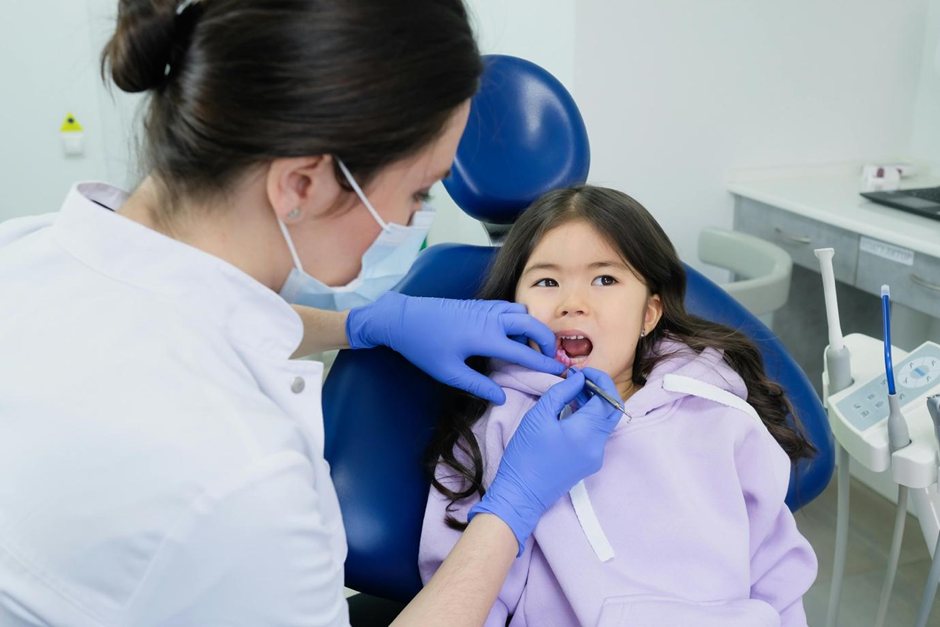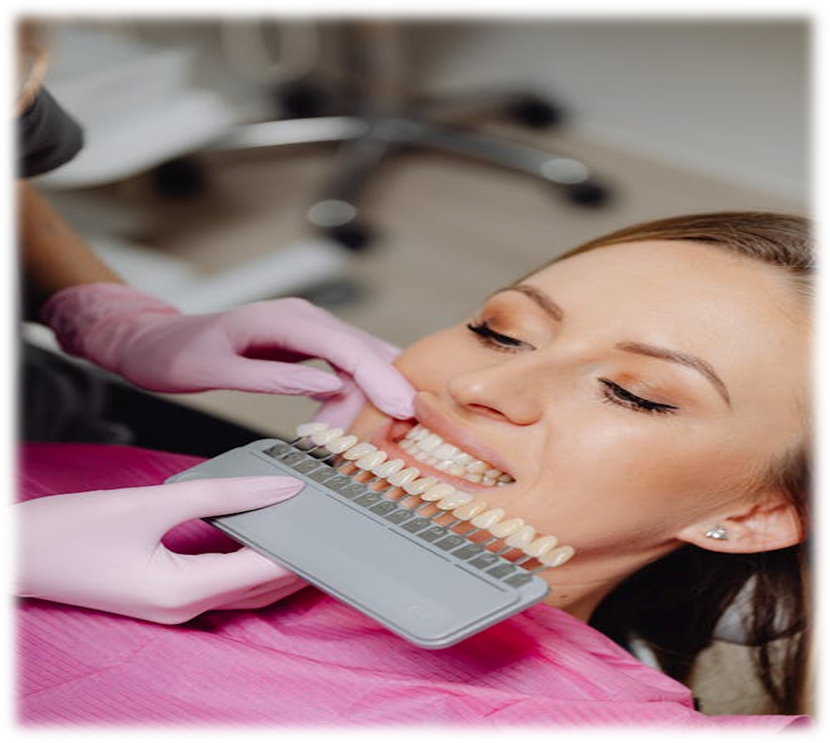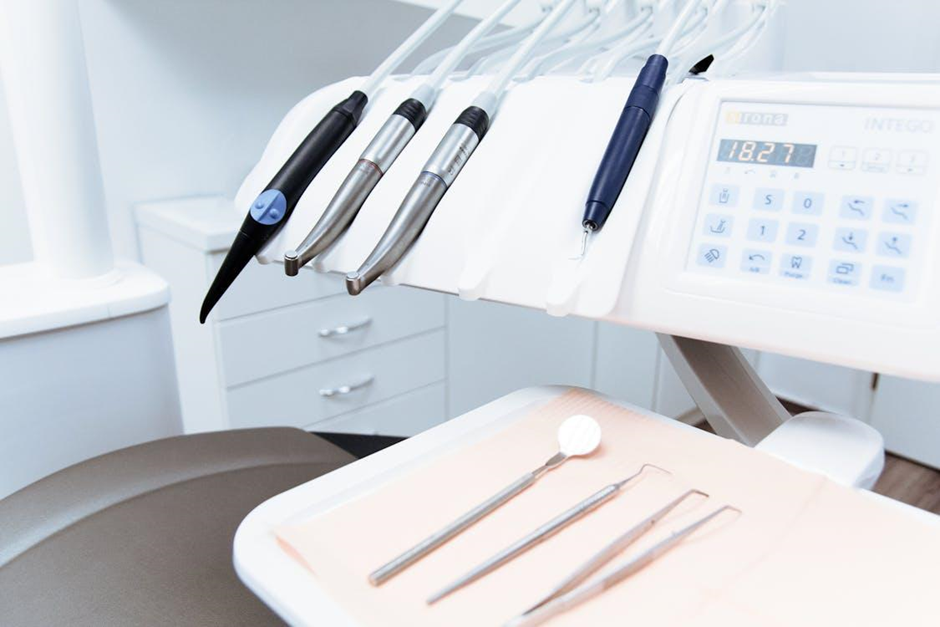What To Do During a Dental Emergency
Dental Emergency
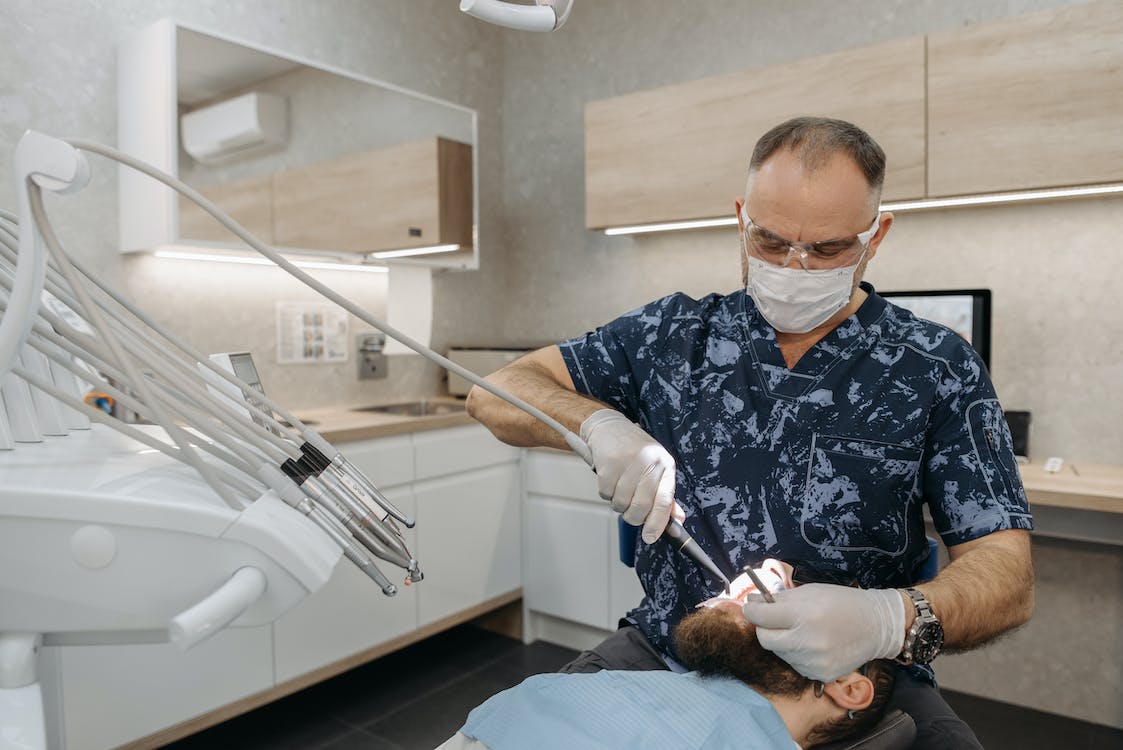
What to Do During a Dental Emergency: Quick Steps for Relief
Dental emergencies can be both painful and distressing, catching us off guard at the most inconvenient times. From a knocked-out tooth to a sudden debilitating toothache, knowing what to do in a dental emergency can significantly affect the outcome.
So what happens when you have an emergency on your hands? Most first aid lessons don’t cover dental emergencies, and many dental emergencies aren’t exactly life-threatening – though they are painful.
In this article, we will explore common dental emergencies and provide practical guidelines on what to do when faced with such situations.
Common Dental Emergencies
Some dental emergencies occur more commonly than others. Let’s take a look at some of them.
Toothache
A sudden and intense toothache can be debilitating. If you experience a toothache, start by rinsing your mouth with warm water to clean the area. Floss gently so any debris that could be causing pain can be removed. Regular painkillers can offer some relief (albeit temporary), but placing aspirin on the gums can cause burns, so avoid this.
If the pain persists, scheduling an appointment with your dentist promptly is crucial. Persistent toothaches may indicate underlying issues such as cavities or infections that require professional attention.
Knocked-Out Tooth
A tooth that’s been knocked out requires immediate action to increase the chances of successful re-implantation. If your tooth gets knocked out, you have to be careful.
Don’t touch any part of the tooth besides the crown, and specifically avoid contact with the root. If the tooth is dirty, rinse it with water, but don’t scrub or touch any attached tissue. What do you do in a dental emergency like this? Try to put it back into the socket but make sure it’s positioned the right way. Hold it in place by biting down on a piece of gauze. If you can’t put it back in, keep it in some milk or your saliva. Do not use water, as it can damage the cells on the surface of the root. Remember, time is of the essence in saving a knocked-out tooth. Get to your dentist or an emergency dental clinic as quickly as possible, ideally within 30 minutes.
Broken or Chipped Tooth
A chipped or broken tooth can be painful and aesthetically concerning. If this happens, collect any broken pieces and rinse your mouth with water. Lukewarm is best, as extreme temperatures can cause sensitivity. Use a cold compress on the outside of your mouth to reduce swelling.
Avoid chewing on that side of your mouth to protect the damaged tooth and opt for soft foods until you can see your dentist. Schedule an appointment promptly to assess the extent of the damage and determine the appropriate treatment, which may include bonding, veneers, or a dental crown.
Lost Filling or Crown
A lost filling or crown can expose sensitive tooth tissue and cause discomfort. While waiting to see your dentist, you can apply over-the-counter dental cement, dental wax, or sugar-free gum to cover the exposed area temporarily. Avoid using household glue or adhesives, as they can be harmful.
It’s important to see your dentist as soon as possible for a permanent solution. Ignoring a lost filling or crown can lead to further complications, including decay or infection of the exposed tooth.
Abscess or Swelling
An abscess is a bacterial infection that can cause swelling, severe pain, and even fever. If you suspect you have a dental abscess, seek emergency dental care immediately. In the meantime, you can rinse your mouth with a mild saltwater solution to alleviate discomfort.
Avoid placing aspirin or any other pain relievers directly on the gums, as this can irritate them. What do you do in a dental emergency involving an abscess? Prompt dental attention is crucial to drain the abscess, prescribe antibiotics, and address the underlying dental issue.
Orthodontic Emergencies
Braces and other orthodontic appliances can sometimes cause discomfort or pose challenges during emergencies. If a wire is poking or causing irritation, you can use a pencil eraser to gently push the wire into a more comfortable position. Wax or orthodontic silicone can also be applied to alleviate irritation.
For a broken bracket or band, contact your orthodontist for guidance. Avoid attempting to fix it yourself, as improper adjustments can lead to complications or extend the treatment duration.
Preventing Dental Emergencies
Preventing dental emergencies is a proactive approach that involves consistent oral care, regular check-ups, and lifestyle choices that prioritize your dental well-being. By incorporating the following habits into your daily routine, you can significantly reduce the likelihood of encountering dental emergencies.
Regular Dental Check-ups
Scheduling routine dental check-ups is the cornerstone of preventive dental care. Regular visits to your dentist allow for the early detection of potential issues before they escalate into emergencies.
Professional cleanings, examinations, and X-rays can help identify cavities, gum disease, or structural problems that might lead to more severe complications if left untreated.
Maintain Oral Hygiene
One of the most effective ways to prevent dental emergencies is by maintaining excellent oral hygiene. You should brush your teeth regularly, ideally twice a day, and with a toothpaste that contains fluoride. Don’t overlook the floss! Flossing is necessary to get rid of debris from the teeth and gumline, and remove plaque.
Proper oral hygiene helps prevent cavities and gum disease, both of which can contribute to dental emergencies.
Protect Your Teeth
Engaging in physical activities, especially contact sports, without proper protection can lead to dental injuries. Wearing a mouthguard can significantly reduce the risk of tooth fractures, dislocations, and other injuries during sports.
Custom-fit mouthguards, available through your dentist, provide optimal protection and comfort, ensuring you stay active without compromising your oral health.
Healthy Lifestyle Choices
The choices you make in your daily life can have a profound impact on your oral health. Limiting the consumption of sugary foods and drinks helps prevent cavities and minimizes the risk of tooth decay. Tobacco use is a major contributor to gum disease and oral cancers, so quitting or avoiding tobacco products is crucial for overall oral well-being.
Additionally, moderating alcohol intake can reduce the risk of oral health issues, as excessive alcohol consumption is linked to gum disease and other dental problems.
Avoid Using Your Teeth as Tools
Your teeth are designed for chewing food, not as substitutes for scissors, pliers, or bottle openers. Using your teeth as tools can lead to fractures, chips, or even complete breakage. Avoiding such practices preserves the integrity of your teeth, preventing unnecessary emergencies.
Address Clenching and Grinding
Bruxism, or teeth grinding, can cause significant damage to your teeth and lead to dental emergencies. Discuss this with your dentist if you suspect that you grind your teeth, especially during sleep.
They may recommend a custom-fitted night guard to protect your teeth from the harmful effects of grinding and reduce the risk of fractures and other related issues.
Get Regular Checkups
Regular checkups can do wonders in preventing problems. Not only will your dentist be able to help you with an emergency, but also identify problems that could lead to such emergencies before they become bigger problems. Our experts at Dr. Paul’s Dental Clinic can help you out. Contact us now and make an appointment.
Also Read : Learn about common dental emergencies in children and why timely action matters in our blog on Dental Emergencies in Children That Should Not be Taken Lightly.
Book an Appointment With Your Doctor NOW!
Ready for a brighter smile? Schedule your appointment with Dr. Paul’s Dental Clinic today and experience exceptional dental care.
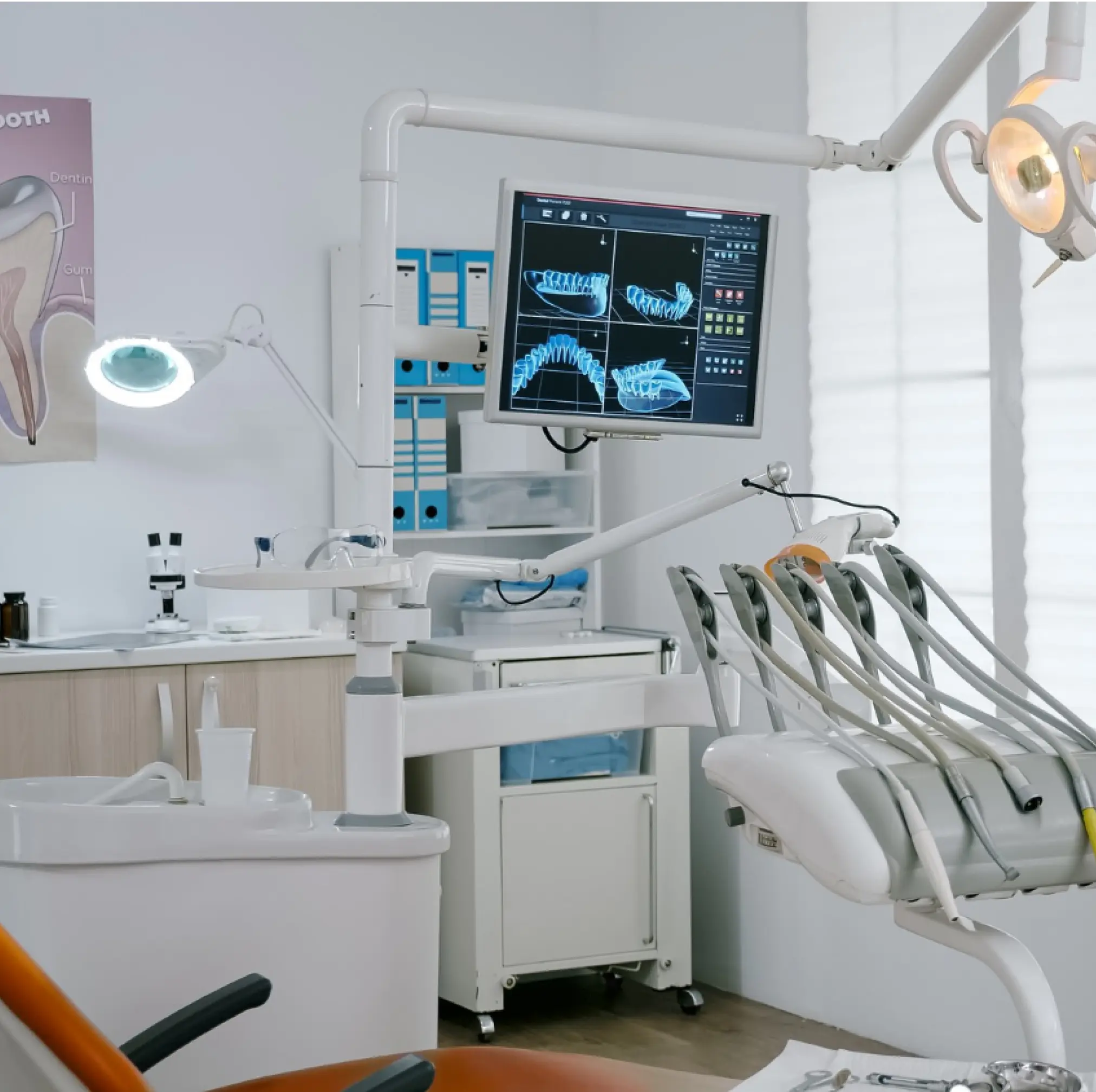
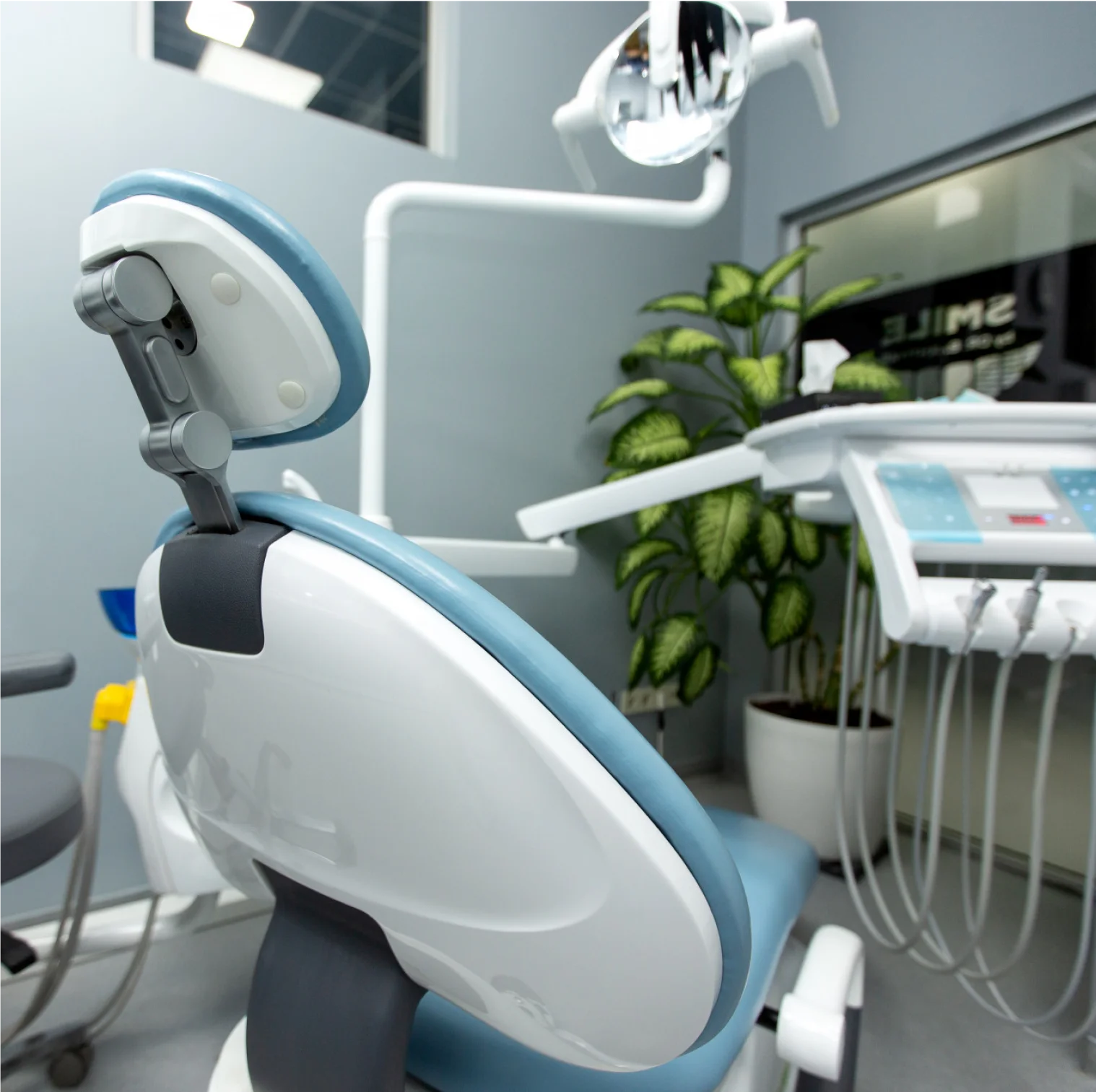
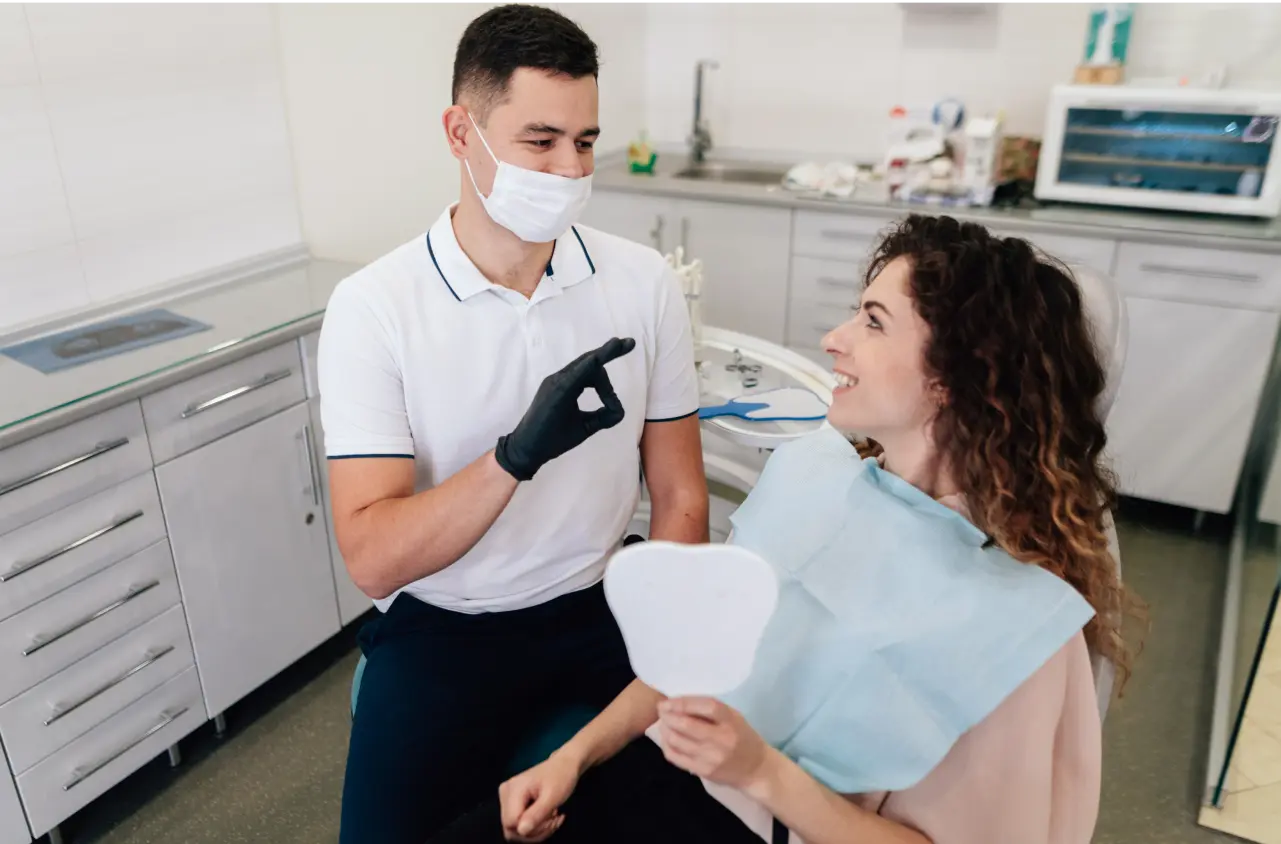
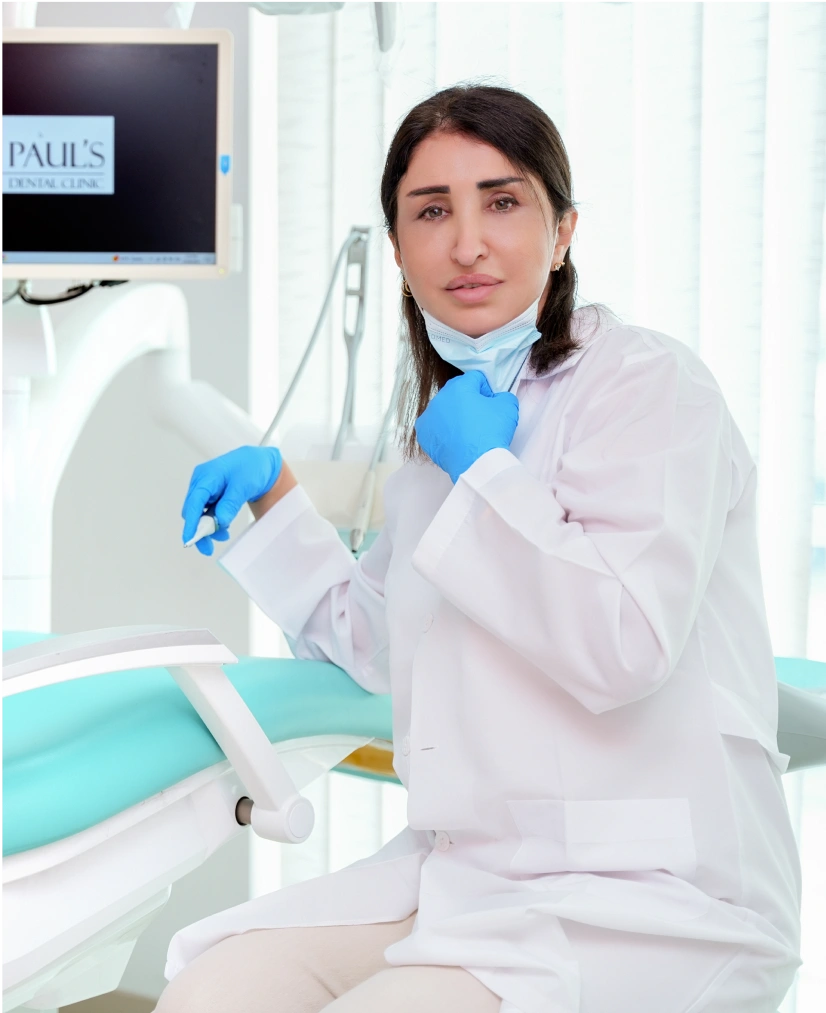 Dr. Samia Nadim Houssein
Dr. Samia Nadim Houssein 